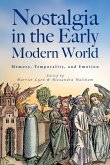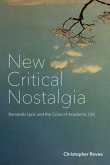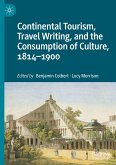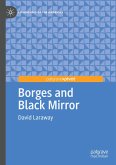This book maps nostalgia and its displacements in the works of seminal post-Holocaust German and Austrian authors and filmmakers such as Ingeborg Bachmann, Elfriede Jelinek, Rainer Werner Fassbinder, Michael Haneke, Tom Tykwer, and Robert Menasse. By focusing on nostalgia, the author links the central tropes of post-fascist German-language culture (home, family, history, nation) with affect. Within the former Nazi countries, the author argues, nostalgia encounters a taboo, since the fascist past must never be idealized. Nostalgia after Nazism utilizes globalization theory in order to delineate a cultural particularity within the former Nazi nations. The caesura of the Holocaust has produced an historical and affective break that distinguishes these nations from other European countries. Germany and Austria experienced a regression to a pre-modern state during the period of the Third Reich; hence, their belated re-entrance into modernity following the fall of Nazism has had profound implications for national identity and aesthetics. The compulsive fixation with the Nazi past has resulted, the author proposes, in a hesitant and tenuous engagement with the post-national discourses of globalization.
Hinweis: Dieser Artikel kann nur an eine deutsche Lieferadresse ausgeliefert werden.
Hinweis: Dieser Artikel kann nur an eine deutsche Lieferadresse ausgeliefert werden.








